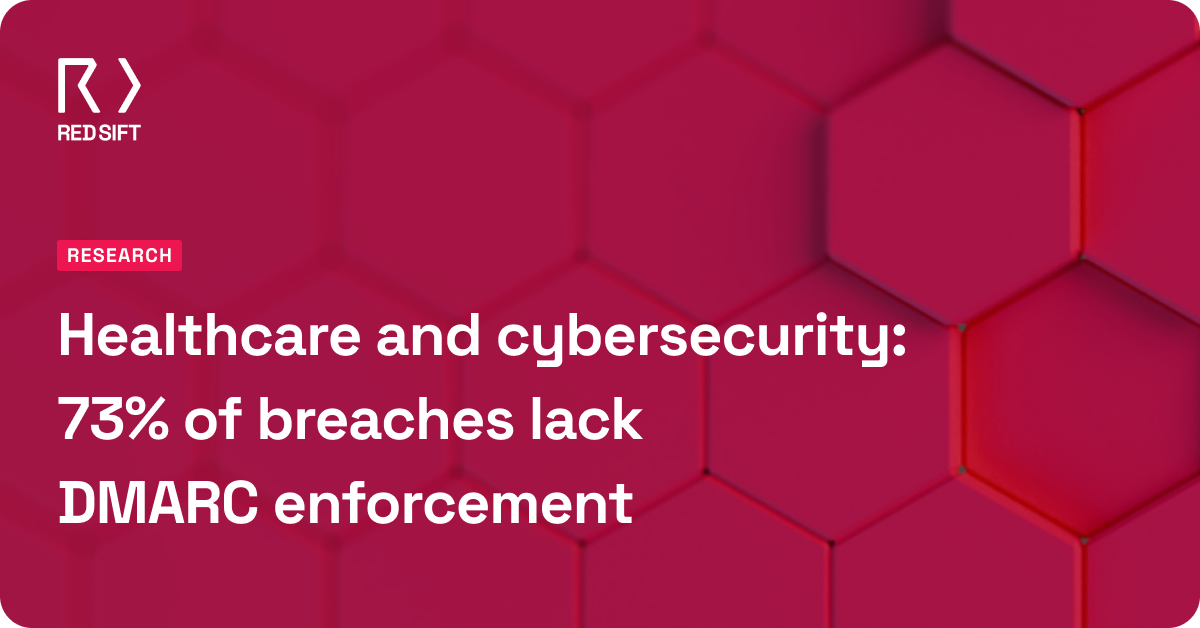Few sectors have suffered more reputational damage over the past decade than banking (unless you count politics as a sector). The global financial crisis led to a nadir in public trust for some of the most well-known private institutions in the UK. Since then it has been an uphill battle for reputational recovery, not helped by a plethora of high-profile cybersecurity catastrophes that have at some point, embroiled almost every major banking organization.
For example, financial services companies in the UK saw a fivefold rise in data breaches in 2018 alone, with seven UK retail banks, including Santander, Royal Bank of Scotland, Barclays, and Tesco Bank, having to limit or shut down their systems due to attack.
The traditional banking sector has struggled to keep pace with the changing cyber threat landscape, in large part due to its ongoing reliance upon vast, sprawling and often archaic global IT systems. No wonder that confidence in the traditional banking sector continues to flounder, with myriad challenger banks and alternative financial services providers now making rapid inroads into previously impenetrable customer bases.
What does this mean for cybersecurity?
In terms of cybersecurity, the change in landscape is either very good or very bad news, depending upon your perspective. On the one hand, these are the ideal conditions for challenger banks to up the ante on cybersecurity, building new systems from the ground up and factoring in the likely threat impact as part of the product innovation process. On the other, there’s the risk that as challenger banks move forward at breakneck pace with their digital service innovations, they fail to give heed to basic security precautions and/or deliver disruptions that bring unintended security consequences.
So we thought we’d take a quick peek at the security defenses of the biggest UK banks – both traditional institutions and challenger banks – to see how many of them have shored up their defenses against one of the most basic yet prevalent threats to their day-to-day customer-facing operations: email fraud.
The DMARC check
One way to assess the strength of an organization’s defenses against email fraud is by checking its domains for evidence of DMARC. DMARC is an email protocol that helps prevent fraudulent emails from reaching customers’ inboxes by snuffing out hackers’ ability to spoof legitimate email domains, instead forcing them to rely on misspelled sender addresses that are far easier to recognize as fake.
As it turns out, the majority of traditional banks are able to show us their DMARC chops, with 92% of them partially or fully implementing everyone’s favorite email fraud prevention protocol. In contrast, a worrying 33% of the UK’s leading challenger banks currently lack DMARC in any capacity.
What does this mean for security?
This is pretty basic stuff – DMARC is one of the essential security measures advocated by the government and increasingly recognized the world over as the only surefire way to prevent email spoofing. To see such a high number of alternative financial services providers overlooking DMARC raises alarm bells. And it is not the only incidence of cybersecurity taking a back seat.
Metro Bank’s hack attack shows that even the promise of additional security measures can backfire if the consequences are not properly considered. Monzo’s introduction of link-based payments has drawn much scorn from the security community for making it far easier for hackers to target their customers with malicious email links.
Given the extent of the industry’s prior security crises, the great hope for the financial services sector is that the raft of new, privacy and security conscious providers force traditional institutions to up their security game. To
To read the finer details of the research paper, make sure to check out the original piece published in Computer Weekly.
If you’re reading this article in a professional capacity, why not take the first steps towards better email security by getting your free DMARC, SPF, and DKIM health check today?






